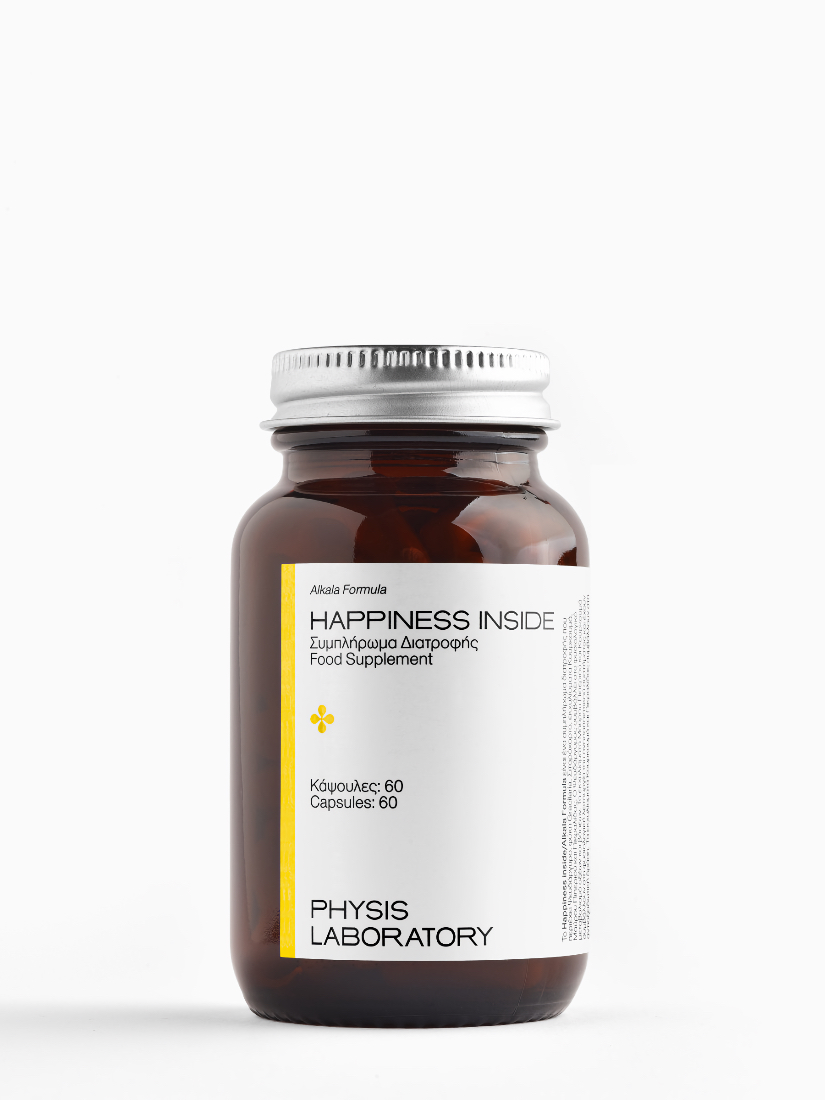Red algae of the genus Gracilaria are rich in bioactive compounds (vitamins, polyphenols, proteins) that promote health. Some more benefits are:
-The polysaccharides (PLS) of Gracilaria spp. show antioxidant, anti-inflammatory, anti-viral, hypolipidemic and immunomodulatory activities.
-These PLS are considered to be effective agents promoting intestinal health, having an antidiarrheal effect and improving metabolic syndrome.
-Zinc is an important trace element for the normal functioning of the human metabolism, the deficiency of which could affect the immune and gastrointestinal systems, as well as the skin.
-Wheatgrass (Triticum aestivum), a rich source of vitamins A, C, E and B1, minerals, trace elements and antioxidant enzymes, can be considered a detoxification agent that exerts antioxidant action.
-Dandelion (Taraxacum officinale) extract provides bioactive compounds that contribute to normal liver and spleen functioning. Moreover, it has antioxidant, anti-inflammatory, analgetic and diuretic properties.
-Black pepper (Piper nigrum) contains an alkaloid, called piperine, which is widely known for its antioxidant, analgesic, anti-inflammatory, anti-hypertensive, anti-microbial, immunomodulatory and hepatoprotective actions.
-Black pepper also contributes to the normal functioning of the immune system.
-Turmeric (Curcuma longa) extract is rich in curcumin, a polyphenol, which is considered to have therapeutic effects based on preclinical studies and has an important role in the prevention and treatment of various diseases.
-Its efficacy against diabetes, osteoarthritis, inflammatory bowel disease, autoimmune, neurological, lung, liver and cardiovascular diseases are well proven, due to its antioxidant, anti-inflammatory, anti-microbial, anti-mutagenic and immunomodulatory properties.


